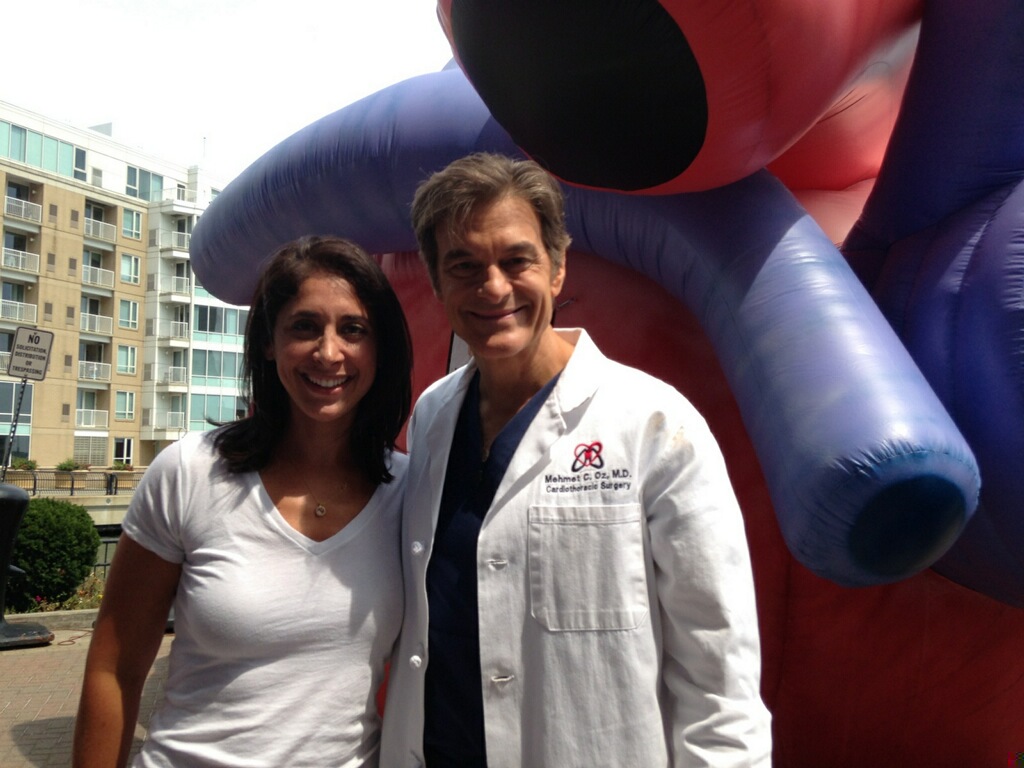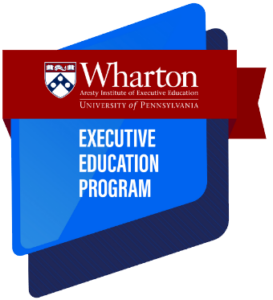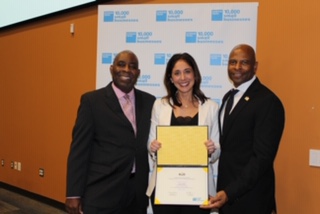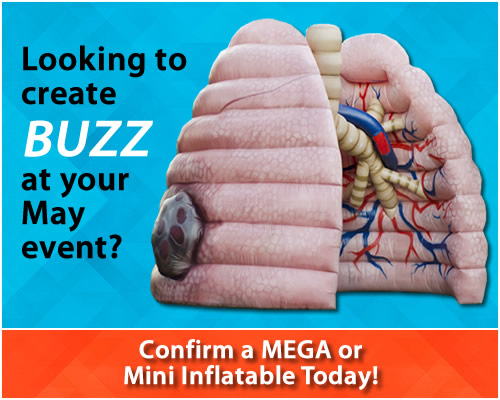Medical Inflatable Exhibits, Inc.
Medical Inflatables is a privately held, woman-owned, Texas-based corporation operating out of Houston, home to the largest medical complex in the world, the Texas Medical Center. We provide high-quality, interactive, educational models of the human anatomy to help teach people about the risks, symptoms, nature, and causes of various diseases. We also hope to shed light on disease prevention and the latest medical treatments to mitigate or cure various diseases.
Medical Inflatables provides inflatable, portable, larger-than-life models that promote learning. Our models engage people of all ages as they walk through the organ replicas. We work closely with a team of board-certified medical professionals to ensure the accuracy of our exhibits and the information conveyed.
President and Founder
Lauren Hill
Medical Inflatables was born after Hill-who was working in marketing at a major Houston hospital at the time-noticed a gap in community health education events.
The general public's knowledge about how to prevent a heart attack and recognize the signs and symptoms was lacking. But, at the same time, health events were failing to engage attendees enough for them to retain vital information and take action to improve their health. Hill wanted to draw them in with a showstopper, something more than a free pen or a flashy magnet. Her goal was to engage, educate, and also entertain. With heart disease running in her family, and heart attacks the number one cause of death in the U.S., the heart was a natural place to start.
Hill discovered a giant heart exhibit at a museum in Philadelphia, but it wasn't portable. And that was the key-to bring a giant heart, or brain, or lung, or body, to a hospital, industry conference, school or fun run. She knew she had to build it herself. With design advice from doctors at the Houston Methodist DeBakey Heart & Vascular Center and St. Luke's Episcopal Hospital, Hill sketched the heart with help from a medical illustrator, and voila, the MEGA Heart was born.
From its debut at the Heart Hospital of Austin, MEGA Heart has traveled the world, from Singapore to Australia. In the years that followed, Hill added MEGA Brain, MEGA Lungs and Mega Body to her traveling anatomy collection. MEGA Brain debuted with a nation-wide tour of major and minor league baseball games, state fairs, and shopping malls, and has also since traveled the world.
As an expert in health education, Hill has appeared-along with her MEGA exhibits-on national television, including on the Dr. Oz show and The Doctors show. She debuted her MEGA Lungs on the Dr. Oz show. Hill is regularly quoted in the media, and her exhibits are sought out by clients such as hospitals, foundations, associations and schools across the globe.
Hill has partnered with a diverse group of clients over the years, including Houston Methodist, St. Luke's Heart and Vascular Center, M.D. Anderson, the Franklin Institute, the Mayo Clinic, Harvard Medical School, Microsoft, Ministry of Health, UAE, the Houston Astros, and the Houston Texans, among others.
In addition she has spearheaded strategic youth-focused health education partnerships with organizations including:
- AHA and the Health Museum, Youth Stroke Awareness Outreach Program. Designed, managed and implemented a program during which over 1,000 students grades K-5 learned to recognize the signs and symptoms of a stroke (F.A.S.T.). Students tested a week post programming showed 75% recall of the most common signs of a stroke.
- Health Occupation Students of America (HOSA). Co-produced and managed a hands-on-learning program to help reduce the stigma associated with mental health. In partnership with HOSA/ AHEC, created a "Teddy Bear Clinic" that taught 1300 5th graders to ask for help when confronted with a mental health crisis.
- Substance Abuse Prevention and Education of Westchester County, NY. Designed, managed and oversaw a traveling Intervention program that was experienced by 10,000 7th graders and counting across the country over the last two years. The school-based intervention is highly effective at increasing awareness of the negative effects of alcohol, marijuana, and electronic cigarette use on brain health, development, and function. Data show students have a statistically significant increase in understanding.
She is a member of Healthcare Marketing Association, The American Marketing Association, Texas Public Health Association and in her former, hospital role she was recognized as Marketer of the Year by the American Marketing Association, Houston Chapter.
As Seen On & Our Partners

WSJ

The Doctors

Dr. OZ

AARP

Methodist





